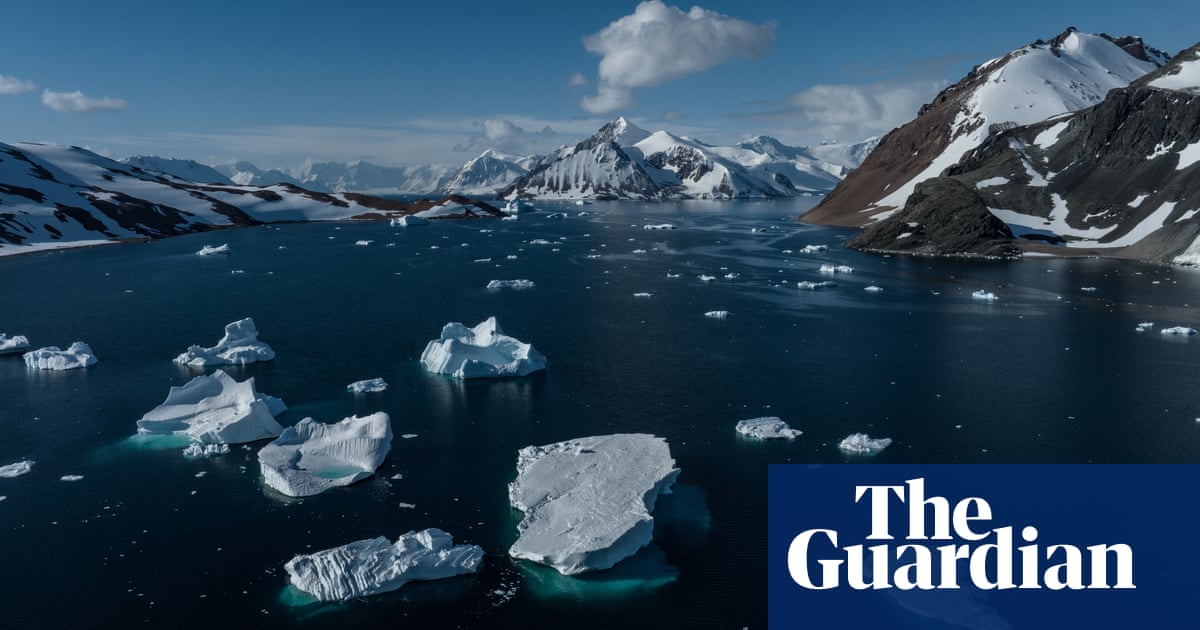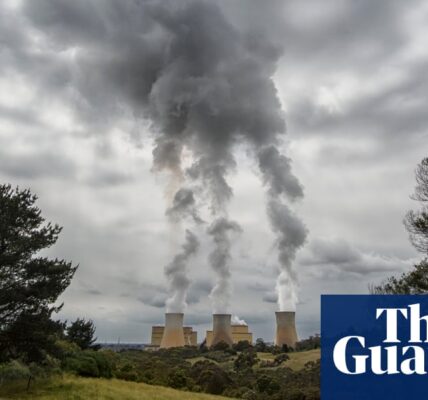New research reveals that rapid melting of ice in western Antarctica is now unavoidable.

Research suggests that no matter how much carbon emissions are reduced, there will still be an inevitable increase in ice melt in west Antarctica throughout the rest of the century. This has dire implications for rising sea levels, according to scientists, and may result in the abandonment of coastal cities.
The melting of the west Antarctica ice sheet could cause a 5-meter rise in ocean levels. Previous research has indicated that it will eventually collapse over a period of centuries, but a recent study reveals that even significant reductions in emissions within the next few decades will not delay the melting.
According to the analysis, the speed at which the floating ice shelves in the Amundsen Sea are melting will increase by three times in this century in comparison to the previous century. This is expected to happen even if the world successfully meets the most ambitious goal of the Paris agreement, which aims to limit global warming to 1.5C above pre-industrial levels.
If the floating ice shelves disappear, the ice sheets on land can move more quickly into the ocean. This could lead to sea level rise, which poses a threat to coastal cities such as New York, Mumbai, and Shanghai. Approximately one third of the world’s population lives within 62 miles (100km) of the coast.
The increase in sea level caused by the changing climate is a result of both ice sheets and glaciers melting and the expansion of sea water due to rising temperatures. According to scientists, the greatest unknown factor in predicting future sea level rise is the situation in Antarctica, making it difficult to prepare for the consequences. Experts emphasized the importance of promptly translating the recent discoveries on ice melting into concrete projections for sea level rise.
According to Dr. Kaitlin Naughten, who led the work at the British Antarctic Survey, our research brings concerning news. It suggests that we may not be able to control the melting of the west Antarctic ice shelf throughout the 21st century. This is one of many consequences of climate change that we will likely have to adjust to. As a result, coastal communities may have to either construct protective structures or relocate.
According to Naughten’s research, the current situation is even more dangerous than originally believed. However, she urges us not to abandon efforts to address climate change. While one impact may be inevitable, there are many others that can still be influenced by our actions. It is possible that our actions could have an impact on the melting of Antarctic ice in the distant future, although it is unlikely that any of us alive today will be around to witness it.
According to Dr. Taimoor Sohail, an expert at the University of New South Wales in Australia who was not involved in the study, the potential collapse of the west Antarctic ice sheet is a concerning climate tipping point. The findings suggest that the rapid melting of ice shelves is inevitable, with serious consequences for sea-level rise.
Cannot reword.
The findings of the study rely on one model and should be approached with caution. However, the researcher noted that certain aspects of the results align with previous research, providing assurance that this study should be taken into account by policymakers.
A recent study, printed in Nature Climate Change, utilized an advanced computer simulation of the Amundsen Sea to conduct a thorough evaluation of warming in the area. The findings show that regardless of the rate at which fossil fuel consumption is reduced, there will be a significant increase in melting in the 21st century.
Ignore the advertisement for the newsletter.
after newsletter promotion
One significant aspect is the substantial impact of natural climate fluctuations in western Antarctica. These fluctuations overshadow any minor discrepancies in ice melt rates between rapid, medium, and slow emission reduction scenarios.
Naughten said: “We already have a refugee crisis in the world, and [sea level rise] will only make it worse. How are we going to deal with the displacement of millions of people, or possibly over a billion people, depending on the amount of sea level rise?”
According to Prof Alberto Naveira Garabato from the University of Southampton in the UK, this research is a serious reminder. However, it should also be a reminder to take action. By learning from our previous inaction and beginning to decrease greenhouse gas emissions now, we may still be able to preserve the [east] Antarctic ice sheet, which has the potential to cause a rise in sea level ten times greater than what we have experienced so far.
Source: theguardian.com



